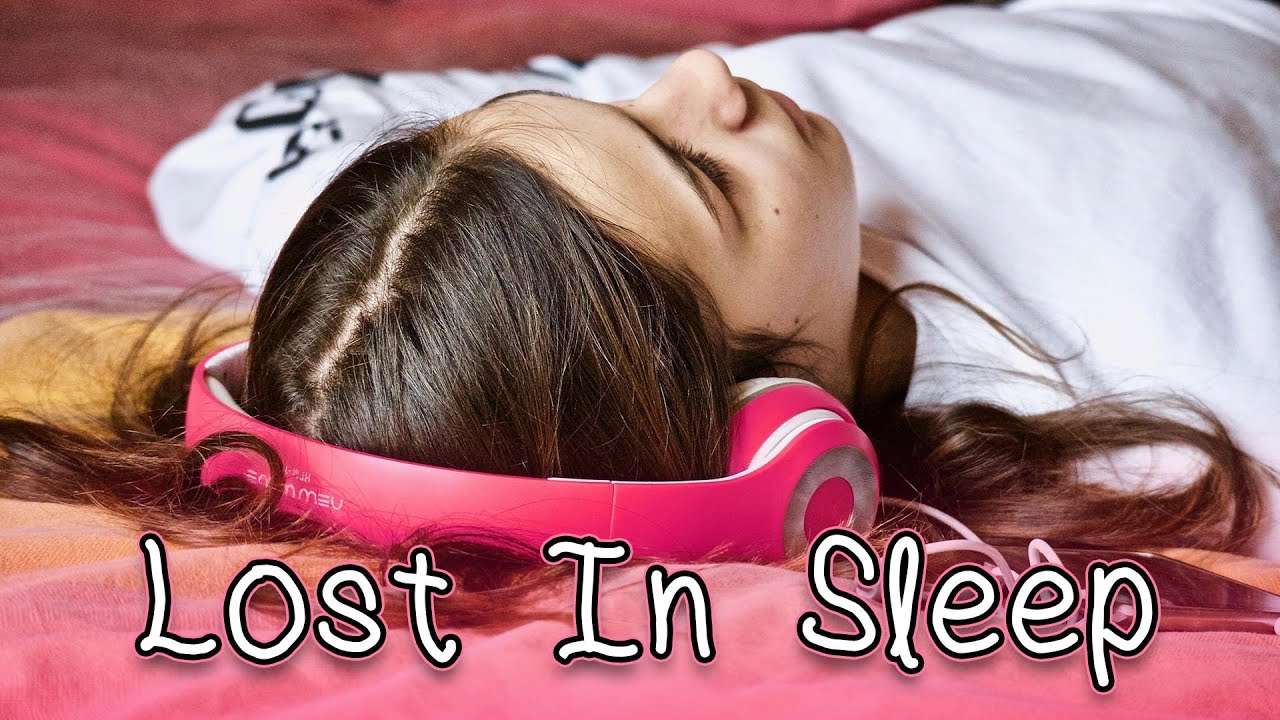
Listening to music to fall asleep can be a useful alternative treatment for insomnia. Research has found that listening to classical music while you sleep improves sleep quality. However, it is important to choose the correct music to fall asleep, as some types of music may trigger strong emotions. You should also avoid listening to music that will cause earworms.
Relaxing music helps you fall asleep
Music can help you relax, and many people find that listening to soothing music can help them fall asleep faster. However, you should avoid listening to loud, irritating music that may keep you awake and increase your stress levels. You can search online for alternative music to use, or consult a counselor about what type of music may be best for you. Although classical music is often considered sleep-inducing, some researchers recommend that you stay away from fast-paced songs, which can be difficult to listen to at night. Instead, choose slow, piano-dominated music for the best results.
Besides helping people relax, music can also help reduce stress and anxiety. Music has been shown to influence our body’s endocrine system and autonomic nervous system, and it has been known to lower the stress response in people. Some types of music can be particularly calming, including classical music and nature sounds. Music can even be a powerful motivator to get a good night’s sleep.
Research on the effects of music on sleep has indicated that self-selected music may have greater analgesic and anxiolytic effects than music selected by a sleep professional. However, these results are not as compelling as those obtained from generic sleep playlists, which usually contain tracks of low tempo, low amplitude, and slow changes.
Music that is soothing and helps you fall asleep is ideal for people who are feeling tired, stressed, or tense. It can also reduce tinnitus and improve concentration levels. While it is important to choose music that you like, there are many options available. A good way to find the perfect music for relaxing is to make a playlist online.
Research has shown that music can reduce stress and anxiety in people who are experiencing traumatic situations. It is also effective in treating chronic and acute pain. So, if you’re looking to fall asleep faster, try exploring different types of relaxing music and find the one that works for you. You’ll be happy you did!
Avoiding songs that evoke strong emotions
If you are planning to fall asleep while listening to music, try to avoid songs with strong emotional content. This can make you feel tense and upset and can prevent you from falling asleep. A good way to help you fall asleep is to listen to music with slow rhythm and lyrics that make you feel peaceful. Some people may prefer to listen to music without lyrics.
It is a personal choice what music you listen to, and even the same song can have different effects on your nervous system. Some songs may make you feel excited, while others may cause you to feel nervous. Listening to music that stirs up strong emotions can delay your sleep, and it may be beneficial to avoid listening to these songs right before bed.
Avoiding wearing headphones
Sleeping in headphones can be uncomfortable and can lead to a condition known as otitis externa. This type of infection can be life-threatening, resulting in a complete or partial loss of hearing. The condition is caused by lack of blood flow to the ear, which can lead to necrosis. Because of this, it is highly recommended to avoid sleeping in headphones while listening to music.
Another risk associated with wearing headphones while sleeping is the buildup of earwax. Overtime, this buildup can damage the eardrums and other fundamental parts of the ear. This is why many experts recommend avoiding sleeping with headphones during the night. If you must sleep with headphones, it is a good idea to sleep on your back. While this may cause some discomfort, there are also certain advantages to sleeping in headphones while listening to music. One benefit is that headphones allow for better circulation in the ears, making them more comfortable to sleep with.
Sleeping with headphones can also be uncomfortable for the person sleeping next to you. The headphones may make the person next to you uncomfortable because they feel boxed in by the headband and earpieces. The pressure on the headband and earbuds can also cause a headache, especially if the person is sleeping on their side. Fortunately, this problem usually clears up once the headphones are removed.
Using headphones while sleeping is also dangerous because of the risk of strangulation, which is rare, but it can still happen. Some headphones come with cords that can easily wrap around the neck, cutting off oxygen from the body. Although this is unlikely, it is always recommended to change your headphones every month. In addition, excessive pressure on the ears can lead to deafness, ear damage, and more.
Another danger of sleeping with headphones is ear infection. The fluid that collects inside the ear canal can cause otitis externa, a painful ear infection. You should avoid high-volume music to prevent this. Instead, choose a volume that doesn’t exceed 60 dB.
Avoiding music that causes earworms
According to research, those who experience frequent earworms are six times more likely to experience poor sleep. Moreover, people who listen to instrumental music are more prone to develop earworms than those who listen to lyrical music. The study used a lab experiment and a sleep survey to investigate the issue. Participants answered questions about their sleep habits and music listening habits. They were also asked whether they woke up during the night with a song in their head.
Researchers found that the IFG may be involved in suppressing music imagery. People with less cortical thickness in the right IFG were more likely to experience unwanted INMIs. Another interesting finding was the correlation between INMI frequency and angular gyrus activity. This finding suggests that this area regulates internal earworms. Additionally, researchers found that gray matter in the brain regions involved in emotional processing were connected to INMIs.
People who experience INMI episodes tend to try to talk, hum, or sing in response to the song. However, only 60% of people were able to identify the song. This suggests that the song is just “unresolved bits of sounds.” Those with musical backgrounds may be more susceptible to earworms.
It is important to avoid music that triggers earworms while listening to music. These are bits of songs that stay in your head long after the song has stopped playing. They can make you sing along, humming, tap, or even walk to the beat. Initially, this is a pleasant experience, but it can quickly become frustrating if the song consumes all of your attention. In some cases, you might even receive complaints from other people.
During the evening, you may want to take up a task that requires you to concentrate. The act of cognitive activity helps you to clear your mind and distract you from earworms. Doing this activity five to ten minutes before going to sleep can help you fall asleep faster. It also helps you get rid of your worrying thoughts, leading to a better night’s rest.


